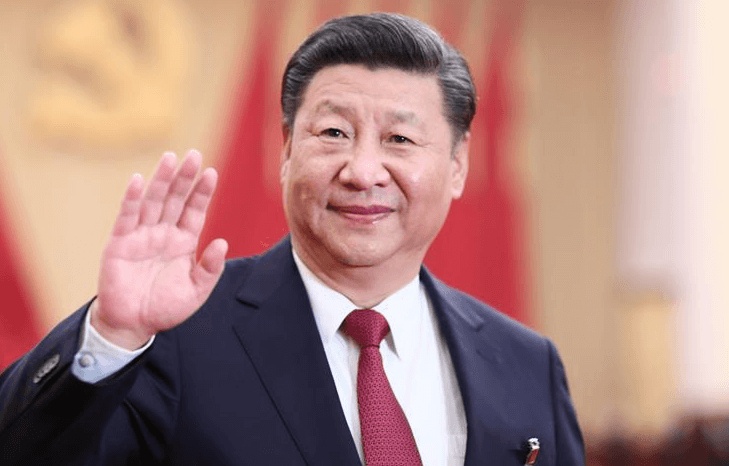As tensions between India and China see no end, Chinese President Xi Jinping made a second call to “prepare for war” since the first one in October 2020, as the PLA failed to make any impact on the Ladakh border.
Following the replacement of Gen Zhao Zongqi, the man who led the Doklam and Ladakh standoff, the ninth round of India-China talks have been pushed to a later date.
With no outcome of several rounds of India-China military commander-level talks, the Chinese troops have now been told to focus on the “combat capabilities.” Jinping, who heads the Central Military Commission, has managed to consolidate power in his hands by tweaking the national defense policy.
The document refers to the general principle of “the CMC exercising overall leadership, theater commands responsible for military operations and the services focusing on developing capabilities”. This puts the CMC in power replacing any control of the government or cabinet on the military.
In October last year, Xi paid a visit to the People’s Liberation Army Navy-Marine Corps (PLANMC) base in the southern province of Guangdong. He had urged the Marines to focus and gear up for a war with India. “[You] must focus your minds and energy on preparing for war and maintain a high state of alert,” he said.
The new order signed by Xi again brings the focus on the combat readiness of the People’s Liberation Army (PLA) as it proposes to “deepen actual combat training, strengthen research on war and combat issues, strengthen actual case-based confrontation training, strengthen emergency response specialization, and strengthen front-line military combat training” ensuring they are “ready to fight at any time”.
Citing experts, a BBC report stated that China’s change in attitude is evident — before the Covid-19 pandemic it wanted to “postpone the war” and now, it is adopting war-focused policies.
It further said that the instant response by Indian armed forces to PLA’s provocations on the Line of Actual Control (LAC) in Ladakh has annoyed Xi.

The BBC report also stated that experts believe that because of the promptness and strategy of the Indian Army, China failed to do what it intended at the border and has shifted its attention to meddling in other nation’s internal issues like Nepal.
Beijing rushed its leaders to Nepal several times to sort the internal feud in the Nepal Communist Party.
The political crisis that ensued in Kathmandu led to the dissolution of the Parliament. However, the two sides, NCP leaders Prachanda and Madhav Kumar Nepal and their rival, Prime Minister KP Sharma Oli, didn’t adhere to Beijing’s solution in the stalemate.
Stoking the flames again, the PLA has now established a permanent post on the Doklam Plateau, China Central Television (CCTV) said in a report.
“The ‘5592’ post [had been] a temporary sentry stop in the aftermath of the 2017 border stand-off, but now it is a permanent observation post with 24-hour and all-weather military observers inside,” SCMP said quoting CCTV.
Furthermore, Gen Zhao’s exit “sparked hope in New Delhi” that his replacement may not be as “vitriolically anti-India,” said a report in Hindustan Times.
The new commander, General Zhang Xudong has never served along the Indian border and is not a member of the Central Committee or the National People’s Congress and nor does he have any ‘political’ exposure’.
While Xi has continued his threat strategy towards India, New Delhi has become accustomed to it. Indian Home Minister Amit Shah had earlier reacted to Xi’s threats saying that:
“We are vigilant for every inch of our land, no one can take it away… Our defense forces and leadership are capable of defending the country’s sovereignty and border,” adding that his remarks were not towards any particular comments.
Follow EurAsian Times on Google News